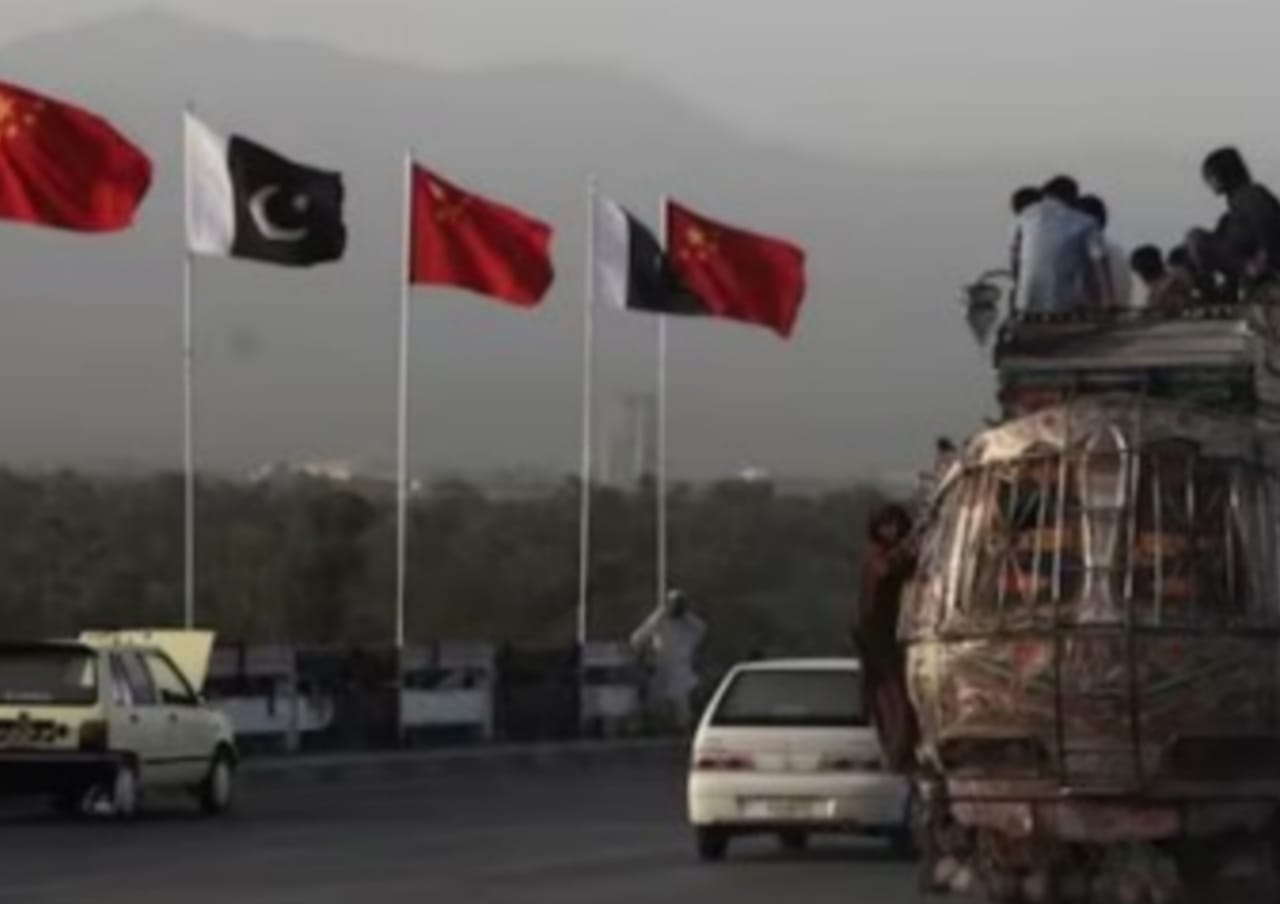
Beijing delivers stern message to Pakistani Army Chief during high-level diplomatic meeting
Pakistan's Army Chief Field Marshal Asim Munir faced an uncomfortable reception during his recent visit to Beijing, where Chinese Foreign Minister Wang Yi raised pointed concerns about the deteriorating security situation facing Chinese nationals working in Pakistan.
The meeting, held on Thursday, marked Munir's first official visit to China since the India-Pakistan hostilities in May. What was expected to be a routine diplomatic exchange turned into a frank discussion about Pakistan's inability to adequately protect Chinese workers and infrastructure projects.
Wang Yi did not mince words when addressing the Pakistani military leader, expressing Beijing's growing frustration over repeated attacks on Chinese personnel despite assurances from Islamabad. The Chinese Foreign Minister emphasized that China "supports Pakistan in resolutely combating all forms of terrorism" and expects the Pakistani military to "continue to make every effort to ensure the safety of Chinese personnel, projects and institutions in Pakistan."
The security concerns are not unfounded. Chinese engineers and workers have faced multiple deadly attacks in recent years, including a 2021 suicide bombing at the Dasu hydropower project that killed nine Chinese engineers, and more recent incidents in Karachi and Balochistan. In October 2024, a suicide car bombing outside Karachi airport claimed the lives of two Chinese engineers, while a March 2024 attack in northern Pakistan killed five Chinese workers.
These incidents have put the China-Pakistan Economic Corridor (CPEC) at risk, with over $60 billion in Chinese investments hanging in the balance. The CPEC represents a crucial component of China's Belt and Road Initiative, making Pakistan's security failures a matter of strategic concern for Beijing.
Munir attempted to reassure his Chinese counterparts, describing the relationship between the two nations as "solid as a rock" and pledging that Pakistani forces would "take all necessary measures to safeguard Chinese citizens, enterprises and projects in Pakistan." He also committed to enhancing counterterrorism cooperation with China.
Despite these assurances, the meeting highlighted the growing strain in China-Pakistan relations. Wang Yi's direct approach represented a departure from typical diplomatic niceties, signaling Beijing's patience is wearing thin. The Chinese minister congratulated Munir on his recent promotion to Field Marshal but made clear that warm words would not substitute for concrete security improvements.
The timing of this diplomatic pressure is particularly challenging for Pakistan, which is grappling with economic difficulties, border security issues with Afghanistan, and ongoing insurgency in Balochistan. The Baloch Liberation Army has specifically targeted Chinese projects and personnel, viewing them as symbols of what they perceive as Chinese colonialism.
For China, the safety of its nationals abroad has become a red line issue. Beijing has already taken the unprecedented step of deploying private security personnel in Pakistan to protect its projects and workers, indicating a lack of confidence in Pakistani security arrangements.
As both nations describe themselves as "ironclad friends" and "all-weather strategic partners," the real test of this friendship now lies in Pakistan's ability to translate promises into tangible security improvements for Chinese nationals working within its borders.